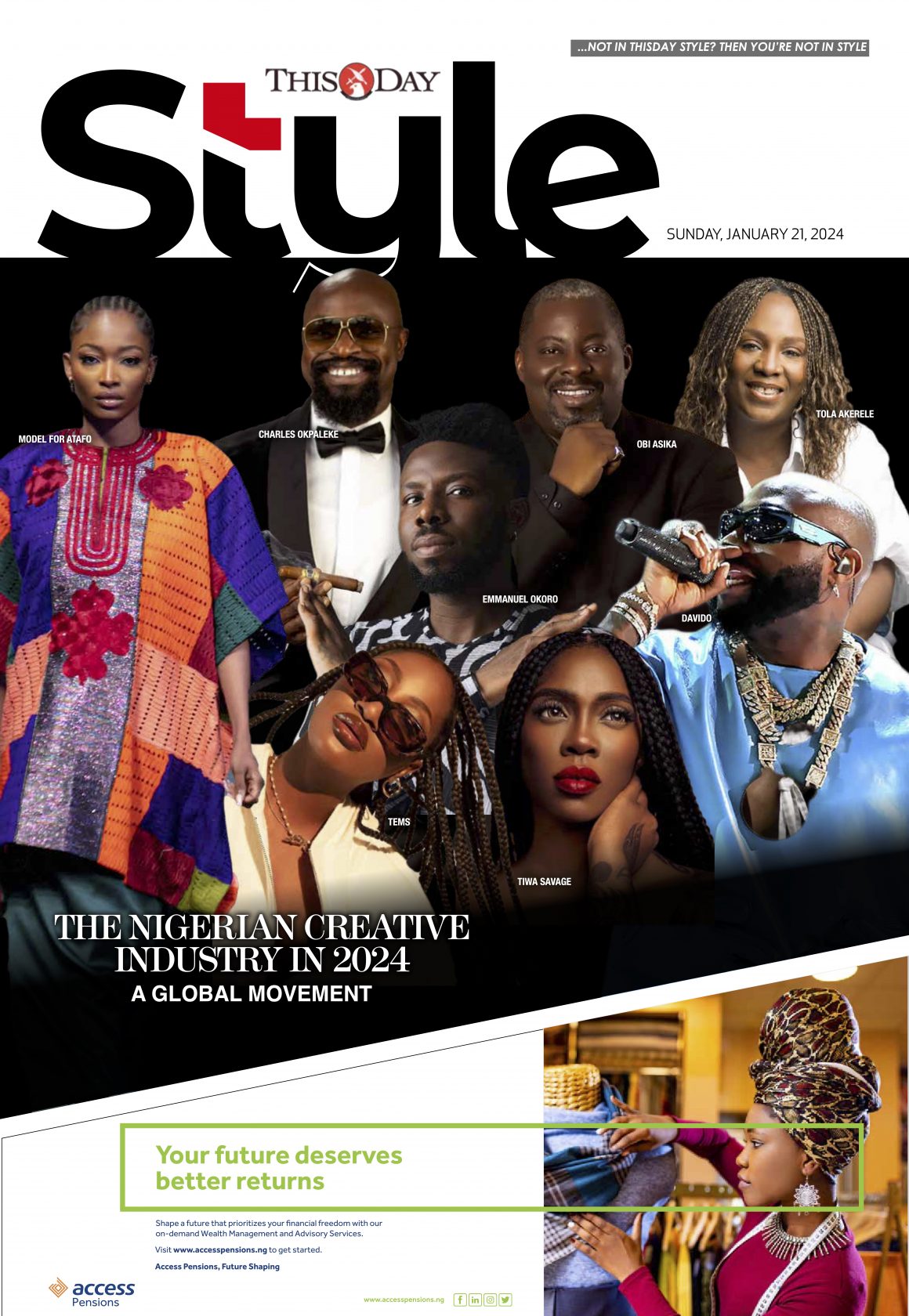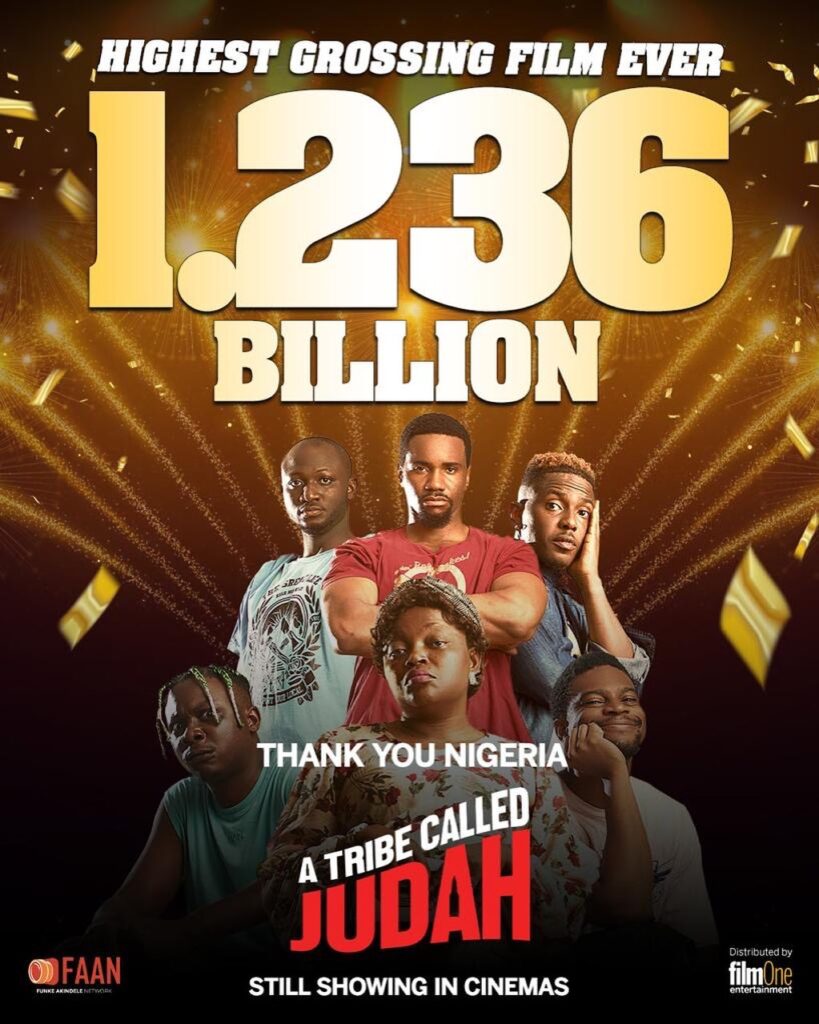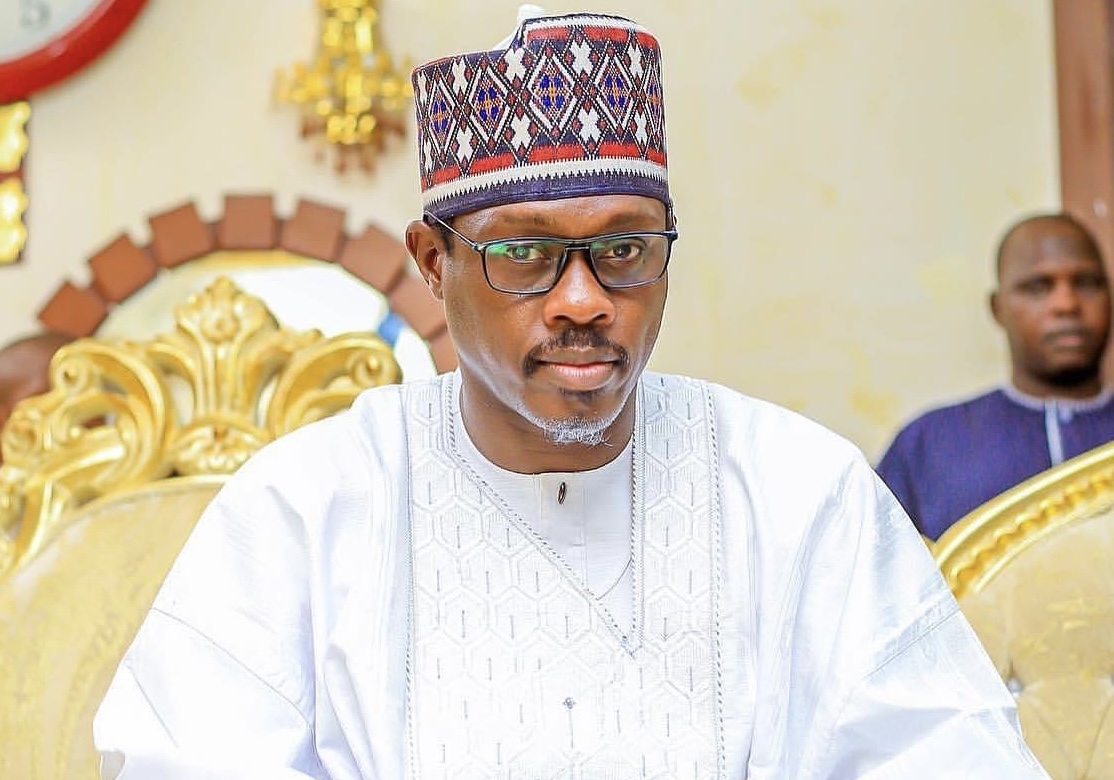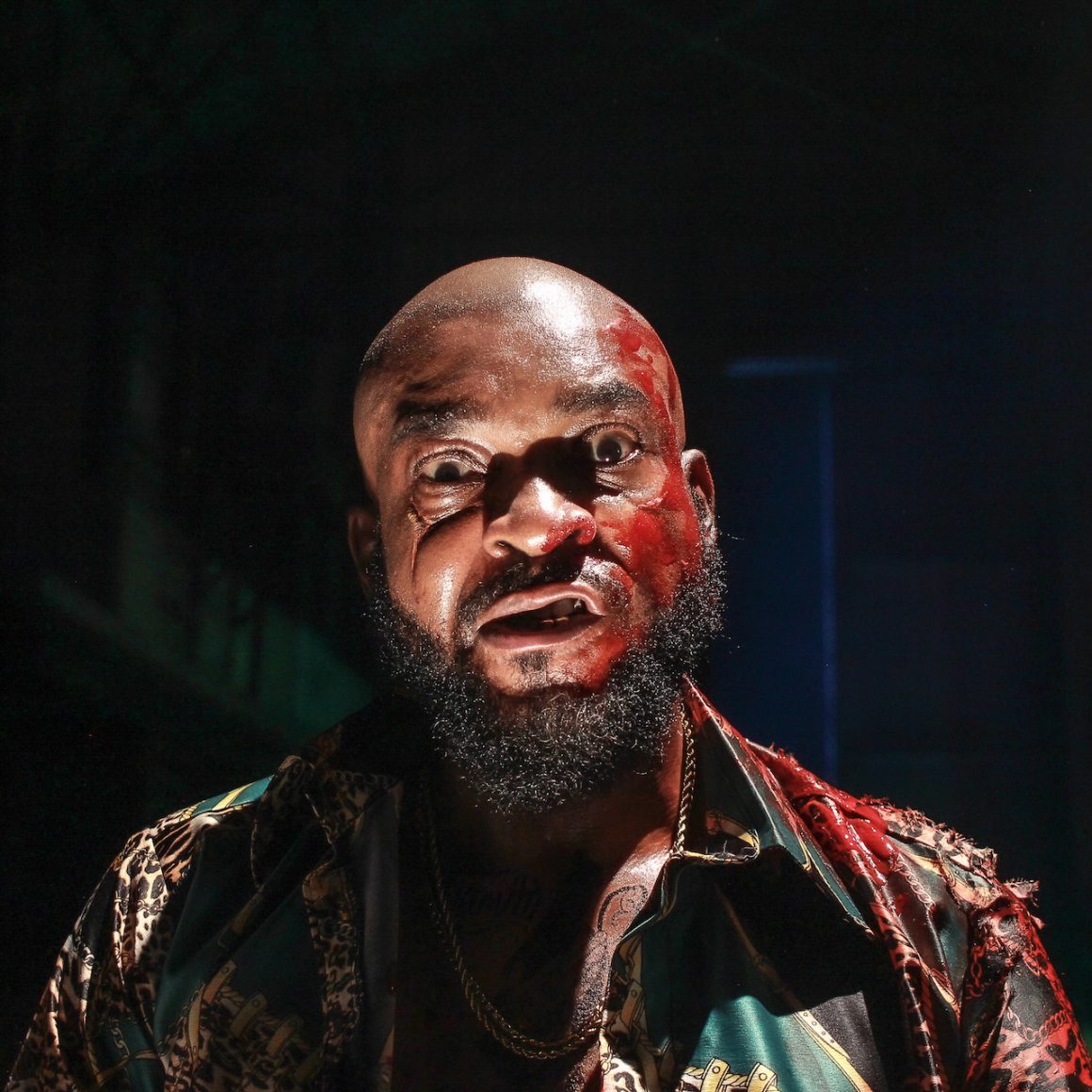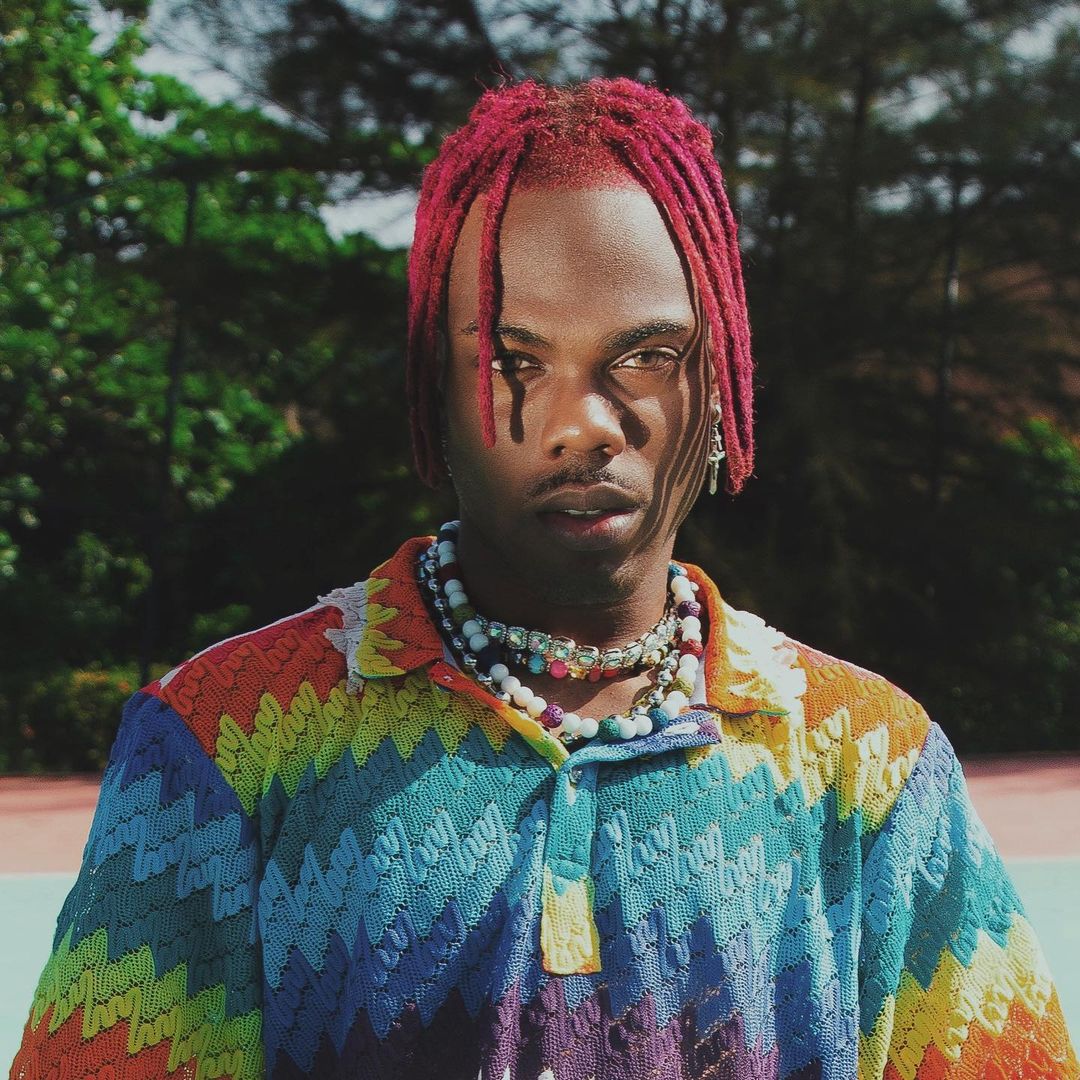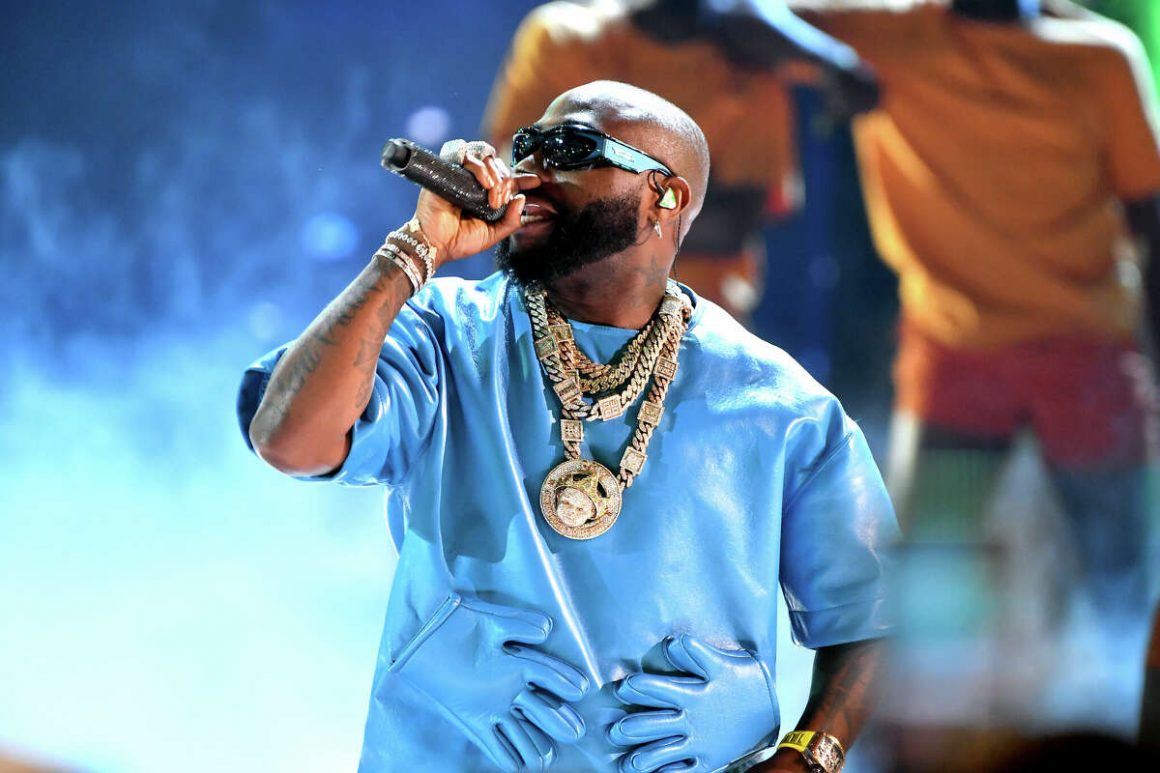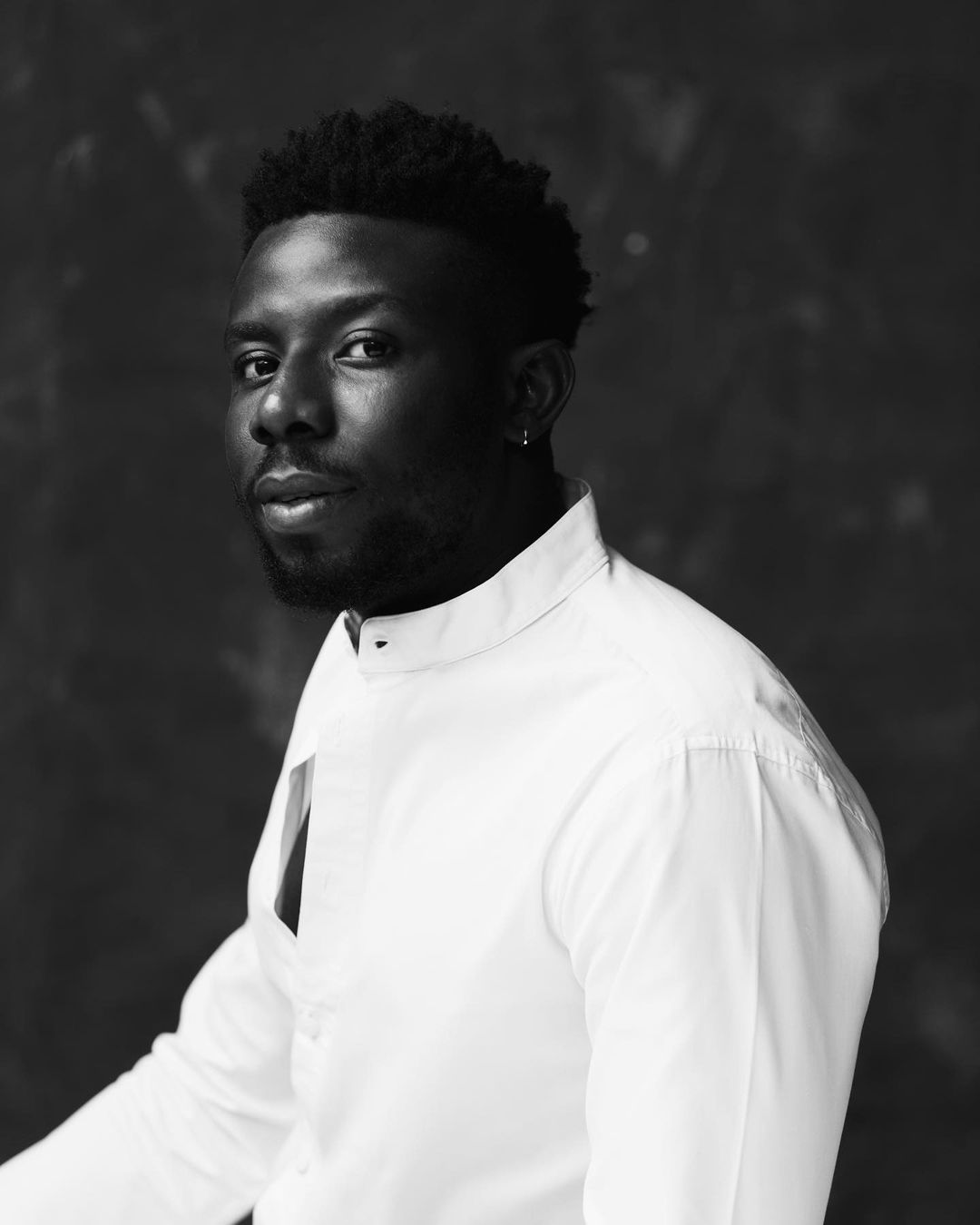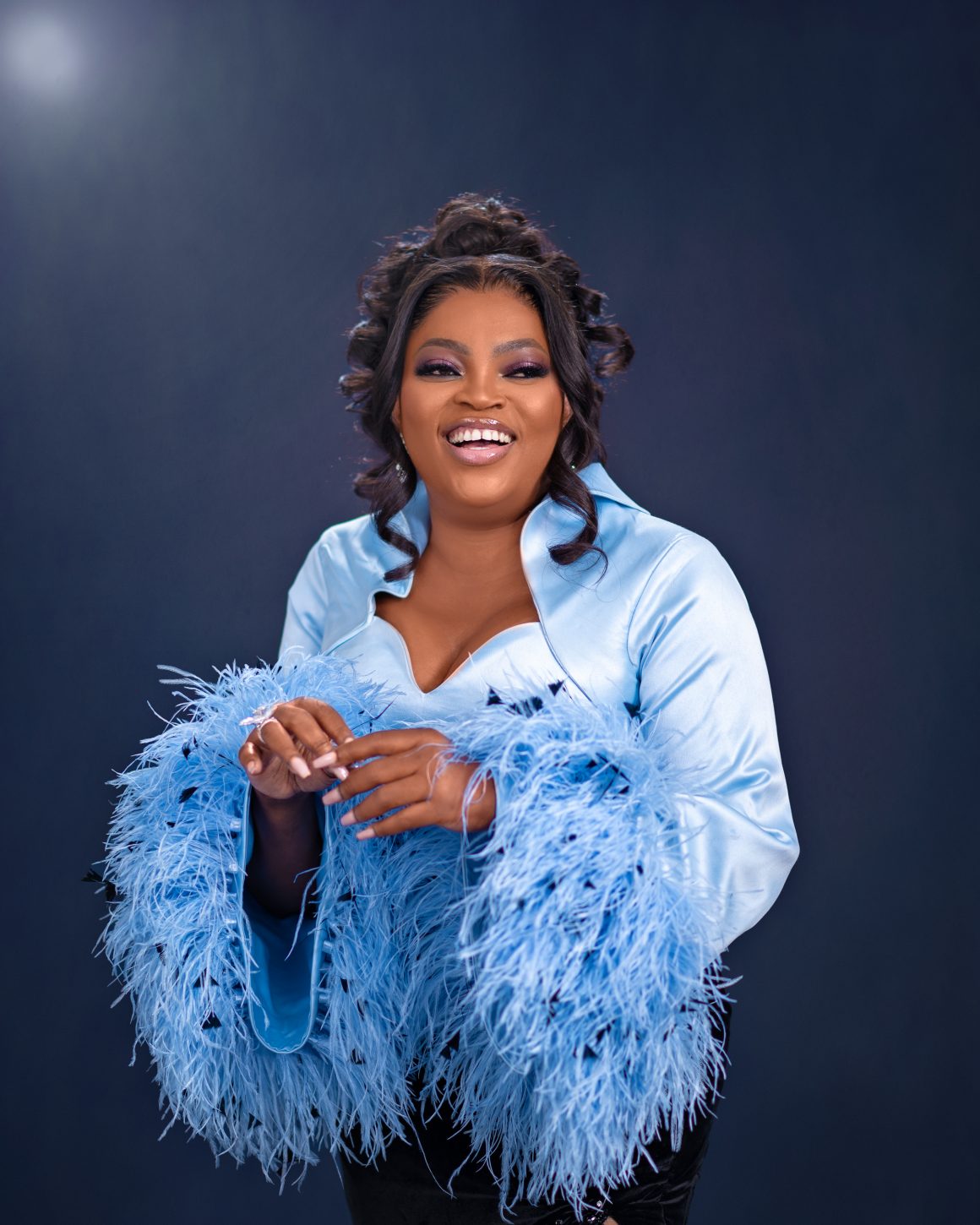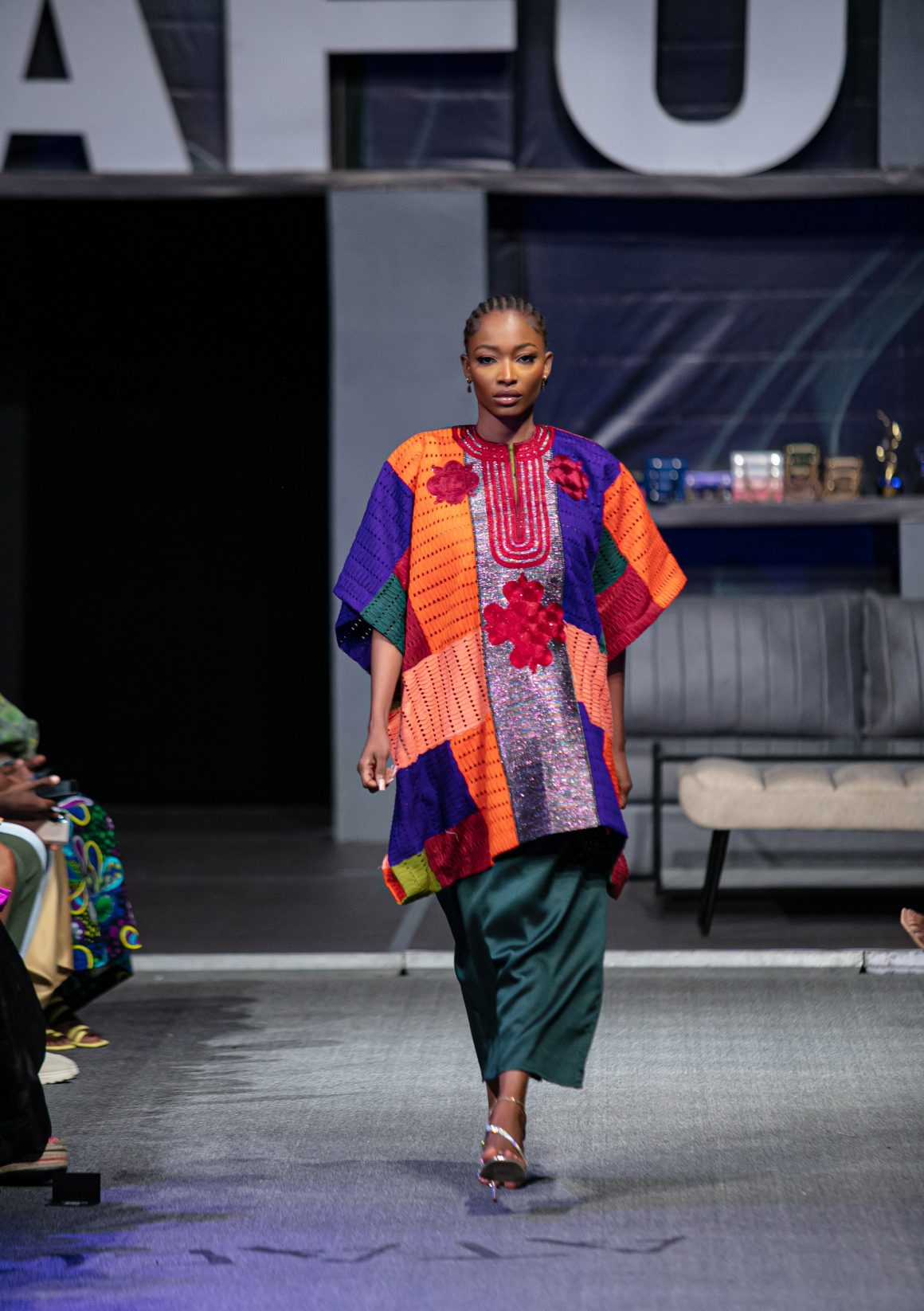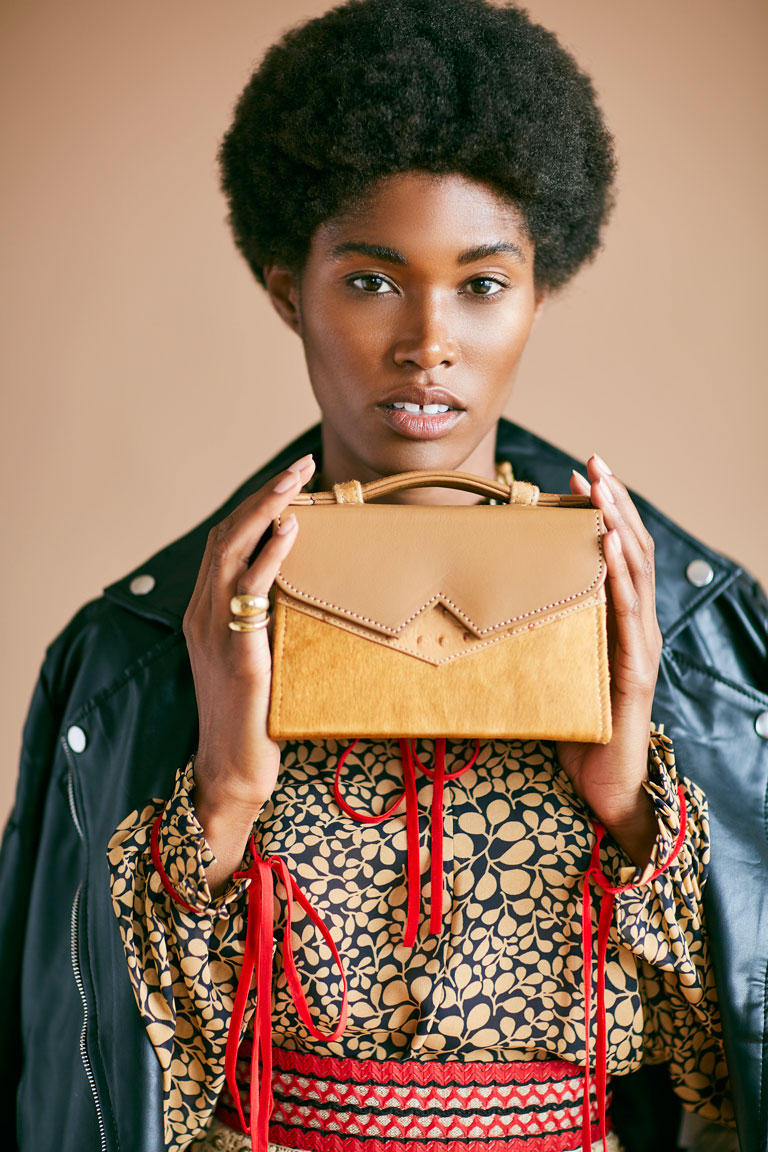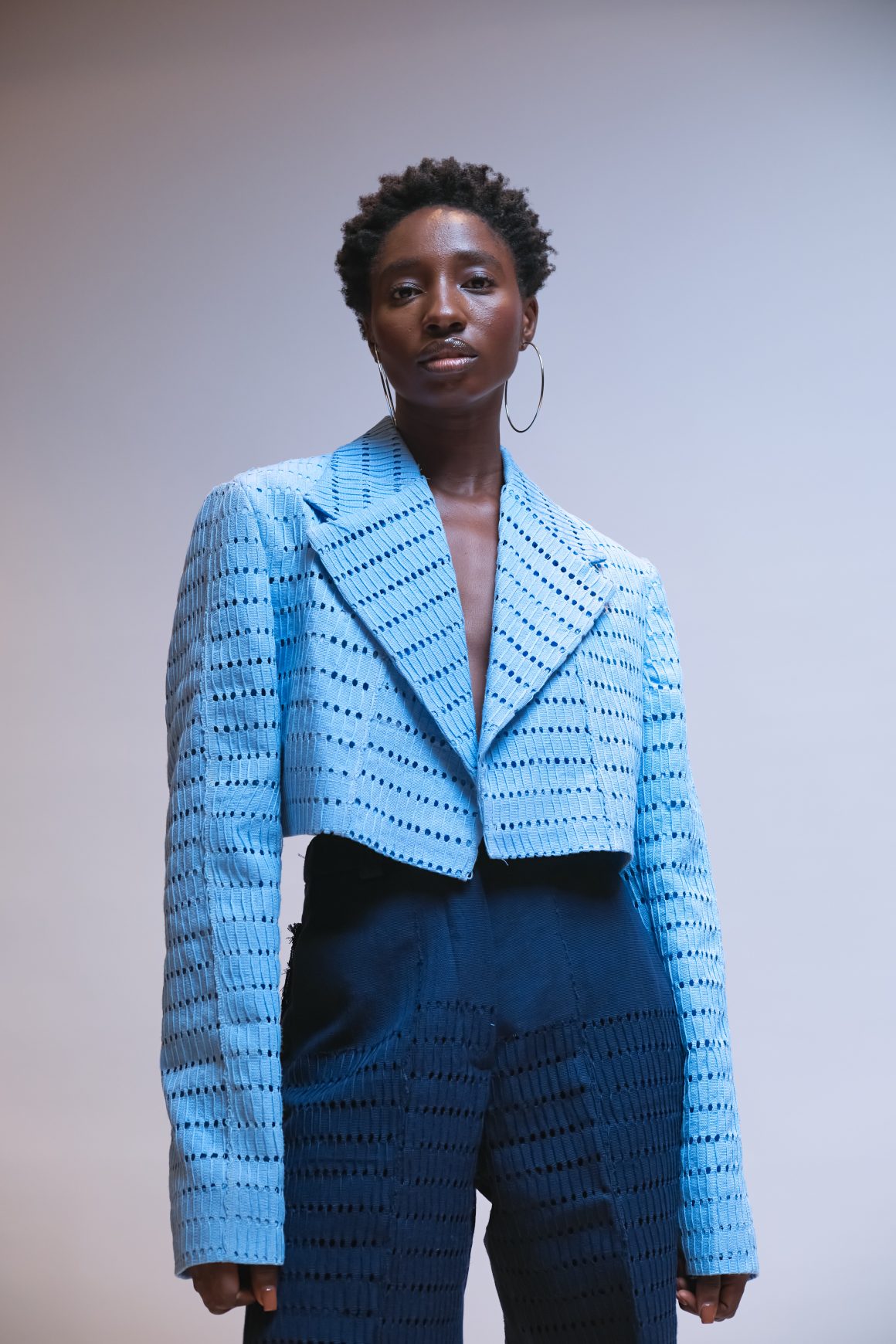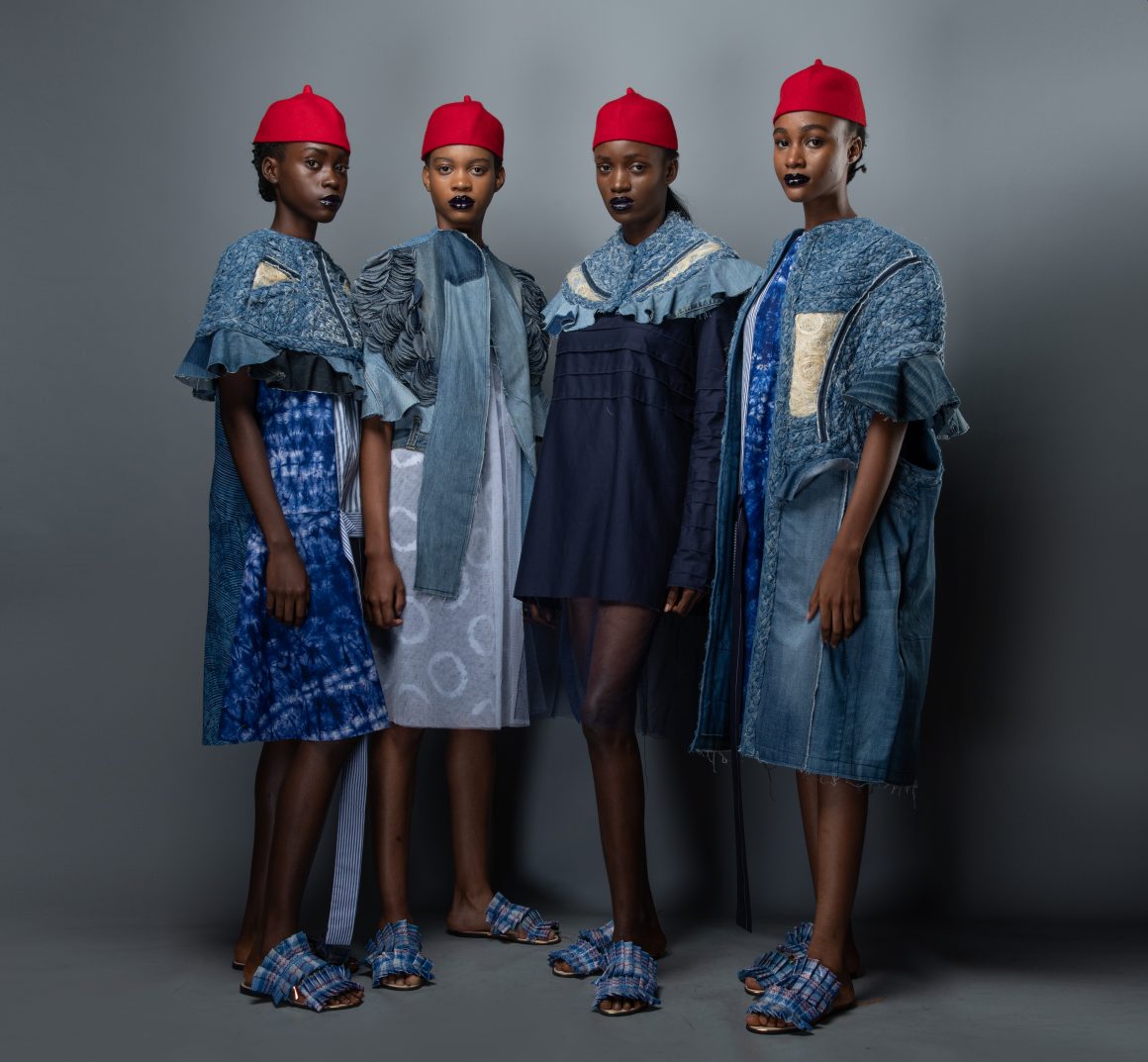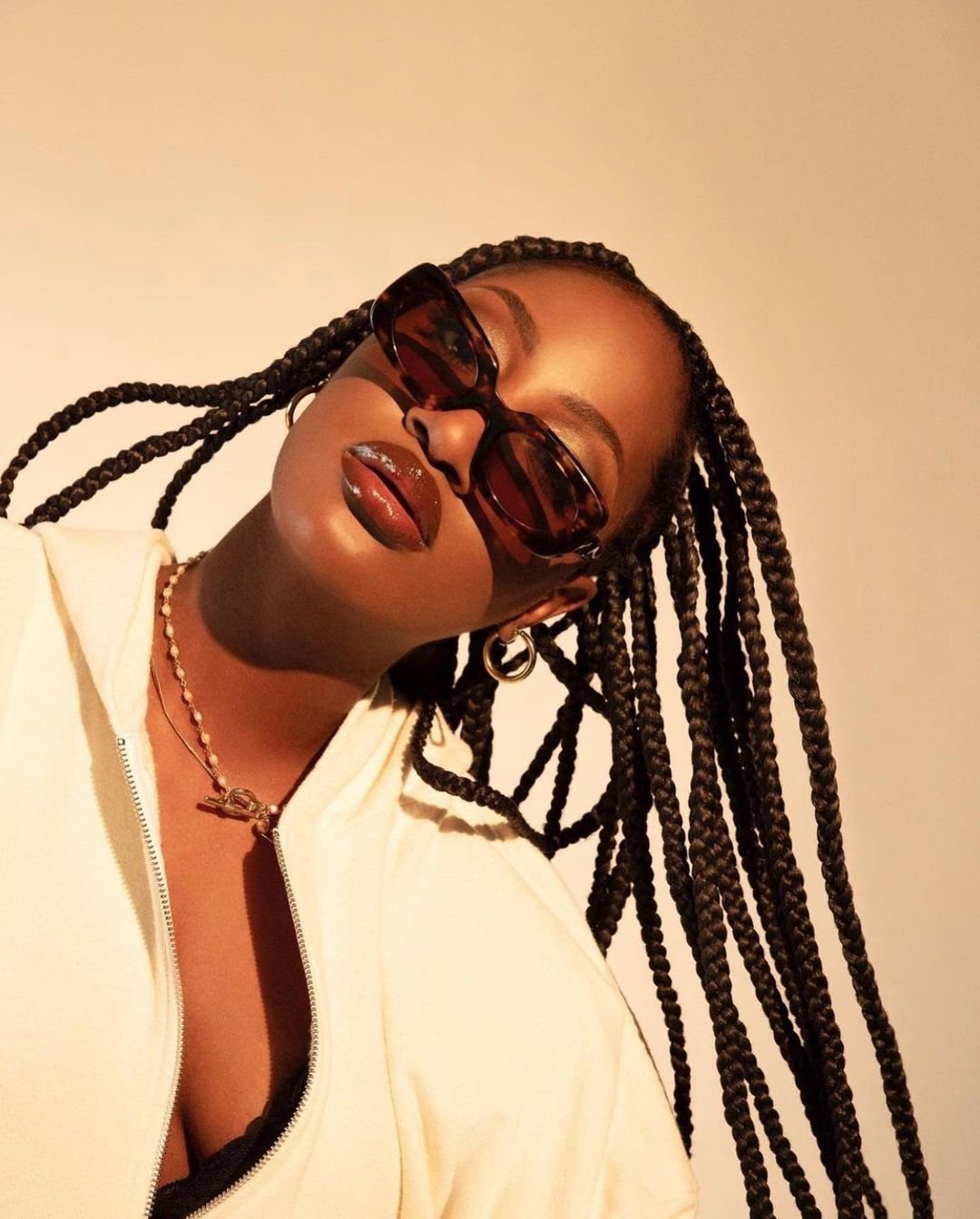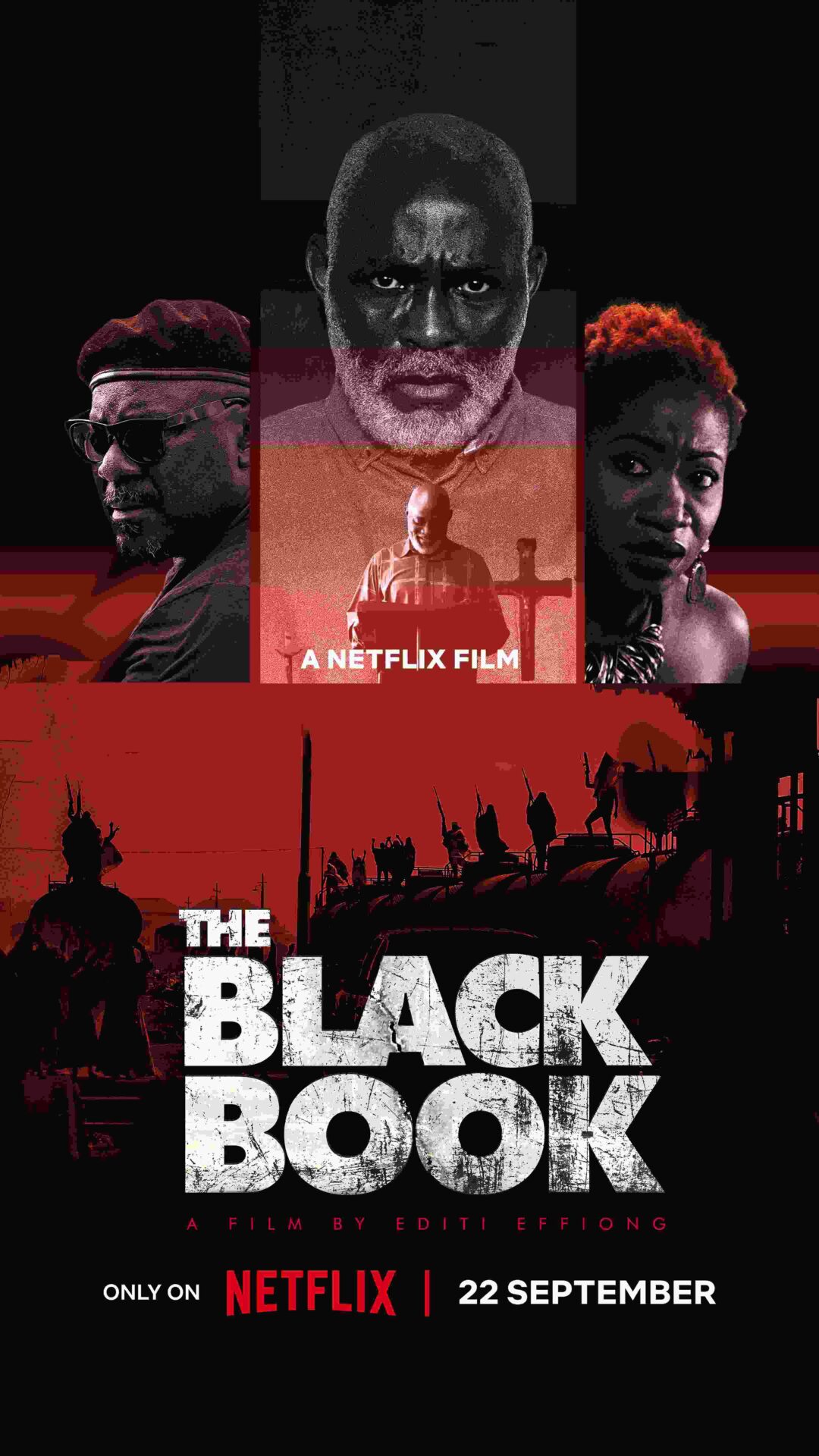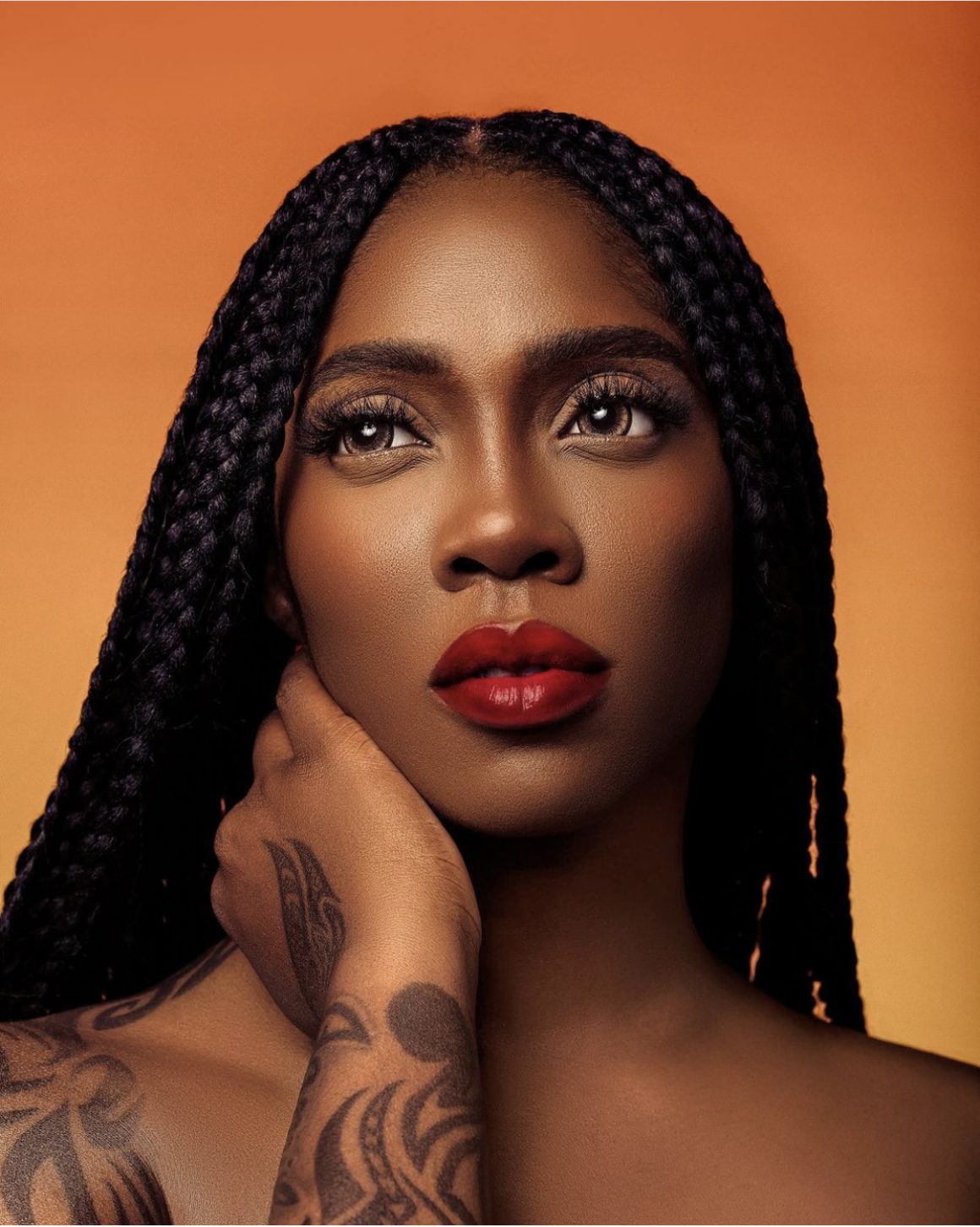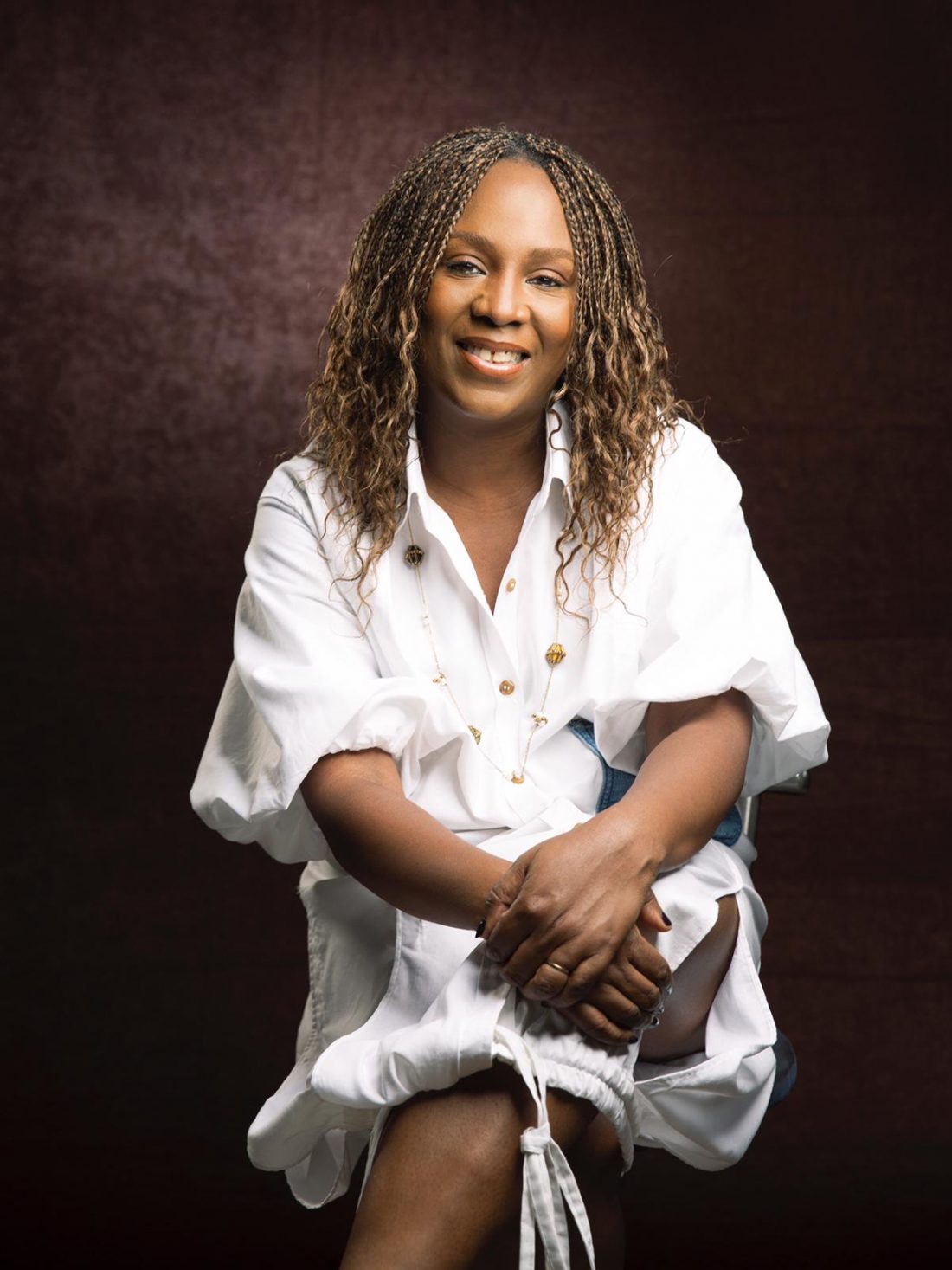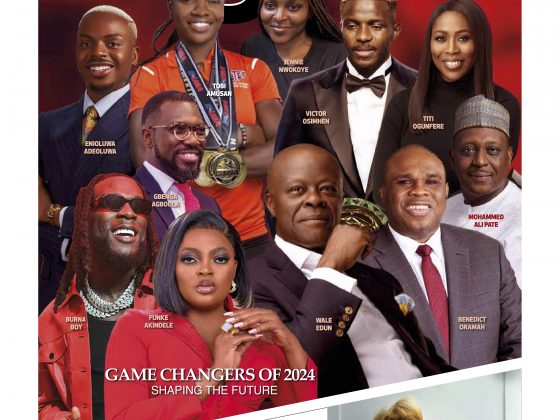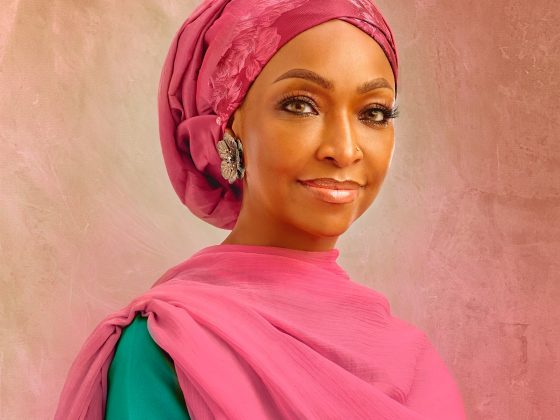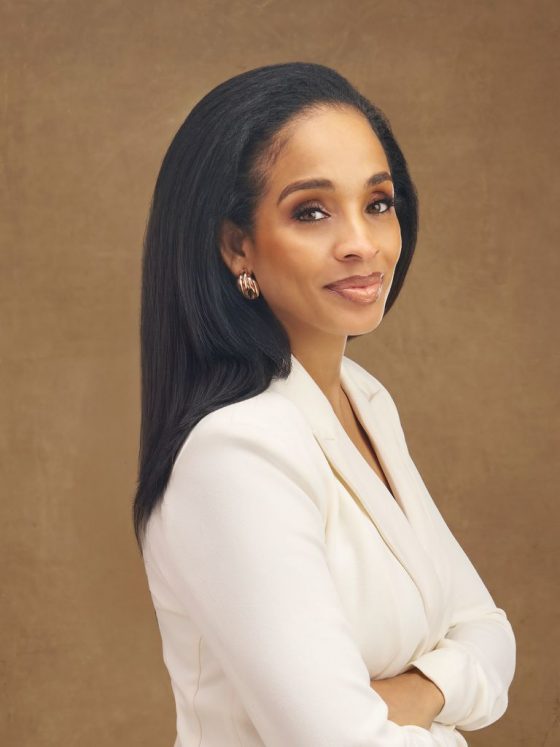The Nigerian creative industry is a testimony to its people’s relentless spirit and boundless creativity. This sector, pulsating with young, talented, and ambitious individuals, has metamorphosed into a crucial component of the nation’s cultural and economic framework.
At the heart of this cultural renaissance are content creators, filmmakers, musicians, artists, and fashion designers—a new generation of creatives who are not just content with local success but are driven by a vision to imprint their narratives on the world stage.
Nigerian cinema, popularly known as Nollywood, has emerged as a powerhouse, renowned for its prolific output and unique storytelling that resonates with audiences across Africa and beyond. The narratives, often rooted in Nigerian culture and experiences, offer a window into the country’s soul, blending traditional motifs with contemporary themes. With the successes from 2023 into 2024, it is evident that Nollywood is on a trajectory of unprecedented growth and success. 2024 commenced on a resounding note, with Funke Akindele’s “A Tribe Called Judah” shattering box office records and propelling the industry to surpass a billion naira in earnings. This phenomenal achievement at the start of the year holds immense significance for the Nigerian film industry. It demonstrates the industry’s ability to create captivating and commercially successful content and highlights the insatiable appetite of Nigerian audiences for homegrown productions. The billion-naira milestone sends a clear message to local and international investors that Nollywood is a force to be reckoned with and a lucrative market to explore.
The momentum of success in 2023 can also be attributed to the influx of major film releases, with streaming giants like Netflix and Showmax investing heavily in Nigerian content. These platforms recognised the potential for growth and wisely included a substantial number of Nigerian titles in their content libraries. Shows like “Shanty Town” captivated audiences and garnered global attention, serving as a testament to the storytelling prowess that exists within the Nigerian movie industry. Similarly, the Nigerian action thriller “The Black Book” achieved remarkable success by spending three consecutive weeks among Netflix’s top 10 English-language titles worldwide. These achievements underline the international appeal and quality of Nollywood productions.
As we look ahead to 2024, it is evident that Nollywood is poised for even more outstanding achievements. The previous year’s success has set a high benchmark, and filmmakers are striving to surpass it. The focus in 2024 is on producing higher-quality movies with exceptional casts, superior production values, and compelling narratives. This dedication to excellence reflects the industry’s commitment to continuous improvement and a desire to meet or exceed the standards set in 2023.
Play Network Studios, one of the prominent players in the Nigerian film scene, has promised audiences an exciting lineup of releases for 2024. Their commitment to curating a diverse selection of movies spanning various genres and narratives ensures that viewers will have a wealth of entertainment options to choose from throughout the year.
Meanwhile, the music industry has witnessed an explosion of global interest, with artists like Davido, Burna Boy, Wizkid, Tems, and Tiwa Savage leading the charge in placing Afrobeat on the international music map. Their music, a fusion of traditional African rhythms with contemporary sounds, has dominated charts worldwide and played a pivotal role in redefining the perception of African music globally. The year 2023 marked a significant turning point for the industry as it emerged as a powerhouse on the global stage, solidifying its presence in the international music scene. One of the most amazing moments was its recognition at the prestigious Grammy Awards. The inclusion of the “Best African Music” category in the Grammy list was a watershed moment, and Nigerians dominated the nominations. Notably, Burna Boy’s “Alone” and Davido’s “FEEL” were nominated for “Best Global Music Performance,” reflecting the global appeal of Afrobeats. Blessing Offor, a Nigerian gospel singer, also made headlines with two Grammy nominations.
Furthermore, the involvement of Nigerian artists in Grammy-nominated projects was significant. Rema, Bloody Civilian, and Tems contributed to the Grammy-nominated “Black Panther: Wakanda Forever” album, while Fireboy DML was featured on Jon Baptiste’s nominated album, “World Music Radio.” Also, Janelle Monae’s nominated “Age of Pleasure” album featured CKay and Seun Kuti. This remarkable recognition demonstrated that Nigerian artists were not just content with being heard locally but were making their voices heard on the global stage.
As we look ahead to 2024, it’s clear that Nigerian music is on an upward trajectory that shows no signs of slowing down. New faces are emerging in the industry, riding on the shoulders of the current giants. With their fresh talent and innovative sounds, they are poised to achieve world dominance in an even shorter time frame.
In fashion, Nigerian designers are increasingly gaining recognition on international platforms. With a knack for bold colours, intricate patterns, and an aesthetic that seamlessly marries traditional fabrics with contemporary designs, our designers are redefining fashion and placing Nigerian couture on the global fashion radar. In 2024, the industry stands at a fascinating crossroads, where the interplay of changing consumer preferences, technological advancements, and a growing emphasis on sustainability is reshaping its landscape. This dynamic evolution is already evident in the works of brands like Emmy Kasbit, Nkwo, Desiree Iyama, Ninie, and Zashadu, who are not just riding the wave of change but actively steering it in a more sustainable and environmentally conscious direction.

However, the shift towards sustainability is occurring against the backdrop of an uncertain economy, which will, in turn, significantly influence consumer behaviour. The Nigerian fashion industry will witness a rise in the popularity of resale and secondhand markets. This growing sector offers a more affordable and sustainable option for consumers, allowing them to indulge in fashion in a more conscientious way. The resale market, which already experienced significant growth in 2023 with celebrities taking the lead by organising closet sales, is expected to continue its upward trajectory, driven by a combination of economic considerations and a collective shift towards more sustainable consumption habits.
Artificial intelligence (AI) will also emerge as a key player in this evolving landscape. AI’s role in the fashion industry is multifaceted, offering personalised shopping experiences and product recommendations tailored to individual tastes and preferences. This level of customisation is not just about enhancing the consumer experience but also about optimising inventory, design, and marketing strategies for brands. AI-powered tools will enable designers and retailers to make more informed decisions, from predicting fashion trends to managing supply chains more efficiently.
The above changes, however, will not be devoid of their fair share of challenges. The creative industry, as a whole, has grappled for a long time with issues like informal business structures, piracy, and limited funding – hurdles that have historically hampered its growth. However, in recent years, there has been a paradigm shift that will continue in 2024. Enhanced business structures, increased investment, and growing support from regulators and policymakers wireshaping the landscape. This newfound support is evident in initiatives aimed at providing financial aid, creating favourable policies, and establishing platforms for international exposure.
For the very first time, the industry has a dedicated minister in the person of Hannatu Musawa, who will serve as the head of Nigeria’s art, culture, and creative economy, and this isn’t just a symbolic move. It signifies a seismic shift in recognising the immense potential of the creative sector as a powerhouse for economic growth.
Musawa’s role isn’t just ceremonial; it’s a game-changer. Her vision perfectly aligns with Nigeria’s aspirations of transforming the creative industry into a dynamic and economically significant force. She’s not just talking the talk; she’s walking the walk. Musawa is already taking bold steps to bring her vision to life by appointing influential figures from Nigeria’s creative industry, such as Obi Asika of Storm Records, Tola Akerele from Bogobiri House, and Ali Nuhu from Nollywood, into the Federal Ministry of Art, Culture, and the Creative Economy. Together, they will champion local artists, boost cultural tourism, and usher in a new era where the creative industry thrives at the heart of our nation’s economic framework.
The transformative impact of these changes is palpable. The creative sector now contributes significantly to Nigeria’s gross domestic product (GDP), highlighting its economic potential. It is a sector that not only entertains but also employs, providing a livelihood to millions of Nigerians. This contribution is not just limited to those directly involved in the creative process; it extends to a myriad of ancillary industries like marketing, distribution, and retail, further amplifying its economic impact.
In 2024, the sector’s potential for growth is immense. With a burgeoning youth population, a growing middle class, and increasing digital penetration, Nigeria is positioned to become one of the world’s fastest-growing entertainment and media markets. The digital revolution, in particular, has been a game-changer. Streaming platforms, social media, and digital distribution channels have democratised content creation and distribution, breaking down barriers and allowing Nigerian creatives to reach a global audience like never before.
However, this growth is not just about economic gains but also cultural influence. The Nigerian creative industry is at the forefront of exporting Nigerian culture to the world. Through art, films, music, and fashion, a narrative of Nigeria, told by Nigerians, is taking centre stage. This cultural export will change perceptions, build bridges, and foster a deeper understanding of the richness and diversity of Nigerian life.
Looking ahead, the trajectory for Nigeria’s creative industry is steeped in optimism. The synergy of creative talent, improved business practices, and supportive regulatory frameworks sets the stage for an era of unprecedented growth and global influence. It’s a future where Nigerian content is not just consumed but celebrated globally.

